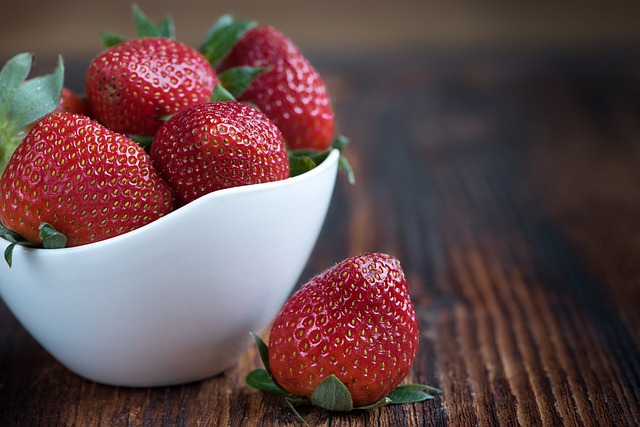From Acne to Glow: Discovering the Skin Benefits of Probiotics
Probiotics, most commonly associated with promoting good gut health, have gained significant attention in recent years due to their potential benefits for the skin. Known as the “friendly bacteria,” these live microorganisms offer more than just digestive support. Research suggests that probiotics can help improve various skin conditions and promote a healthy, radiant complexion.
The Link Between Gut Health and Skin Health
Before we dive into the skin benefits of probiotics, it’s important to understand the connection between our gut and our skin. Our gut is home to trillions of bacteria, both good and bad. When the balance of these bacteria is disrupted, it can lead to various health issues, including skin problems.
In recent years, the concept of the gut-skin axis has emerged, highlighting the intricate relationship between our gastrointestinal tract and our skin. Studies have shown that imbalances in gut bacteria can contribute to inflammation, which is a common underlying factor in many skin conditions, including acne, eczema, and rosacea.
How Probiotics Benefit the Skin
Probiotics help restore and maintain the balance of beneficial bacteria in our gut, which can have a positive impact on our skin health. Here are some key ways in which probiotics benefit the skin:
1. Acne Reduction
Acne, a common skin condition characterized by pimples, blackheads, and whiteheads, is often linked to an overgrowth of the acne-causing bacteria, Propionibacterium acnes. Probiotics can help inhibit the growth of this harmful bacteria, reducing acne breakouts. Additionally, they may also help regulate sebum production and alleviate inflammation associated with acne.
2. Eczema Relief
Eczema, or atopic dermatitis, is a chronic inflammatory skin condition characterized by itchy, red, and dry patches. Studies have shown that probiotics, both when ingested and topically applied, can help alleviate eczema symptoms by modulating the immune response and reducing inflammation. They may also strengthen the skin barrier, preventing irritants from triggering eczema flare-ups.
3. Soothing Rosacea
Rosacea is a chronic skin condition that causes facial redness, flushing, and small bumps. Probiotics have been found to have a calming effect on rosacea-prone skin by reducing inflammation and improving the skin’s barrier function. Some strains of probiotics, such as Lactobacillus acidophilus and Bifidobacterium bifidum, have shown promising results in alleviating rosacea symptoms.
4. Anti-Aging Properties
Probiotics can also help combat the signs of aging. As we age, our skin’s natural defense mechanisms weaken, making it more susceptible to damage from environmental factors. Probiotics promote the production of ceramides, essential lipids that help maintain the skin’s moisture barrier. By strengthening this barrier, probiotics can help reduce moisture loss, prevent wrinkle formation, and improve overall skin hydration and elasticity.
How to Incorporate Probiotics into Your Skincare Routine
If you’re looking to harness the skin benefits of probiotics, here are a few ways to incorporate them into your skincare routine:
1. Look for Probiotic Skincare Products
Many skincare brands now offer products formulated with probiotics. Look for cleansers, moisturizers, serums, and masks that contain probiotic strains like Lactobacillus and Bifidobacterium. These topical products can help balance the skin’s microbiome and provide targeted benefits for specific skin concerns.
2. Consume Probiotic-Rich Foods
In addition to topical applications, consuming probiotic-rich foods can also support healthy skin from within. Incorporate fermented foods like yogurt, kefir, sauerkraut, and kimchi into your diet to introduce beneficial bacteria into your gut, which can indirectly benefit your skin.
3. Consider Probiotic Supplements
If you’re not a fan of fermented foods or want a more concentrated dose of probiotics, consider taking probiotic supplements. Consult with a healthcare professional to determine the right probiotic strain and dosage for your specific needs.
Conclusion
From acne reduction to anti-aging properties, probiotics have emerged as a promising ingredient for achieving healthier, glowing skin. By restoring the







